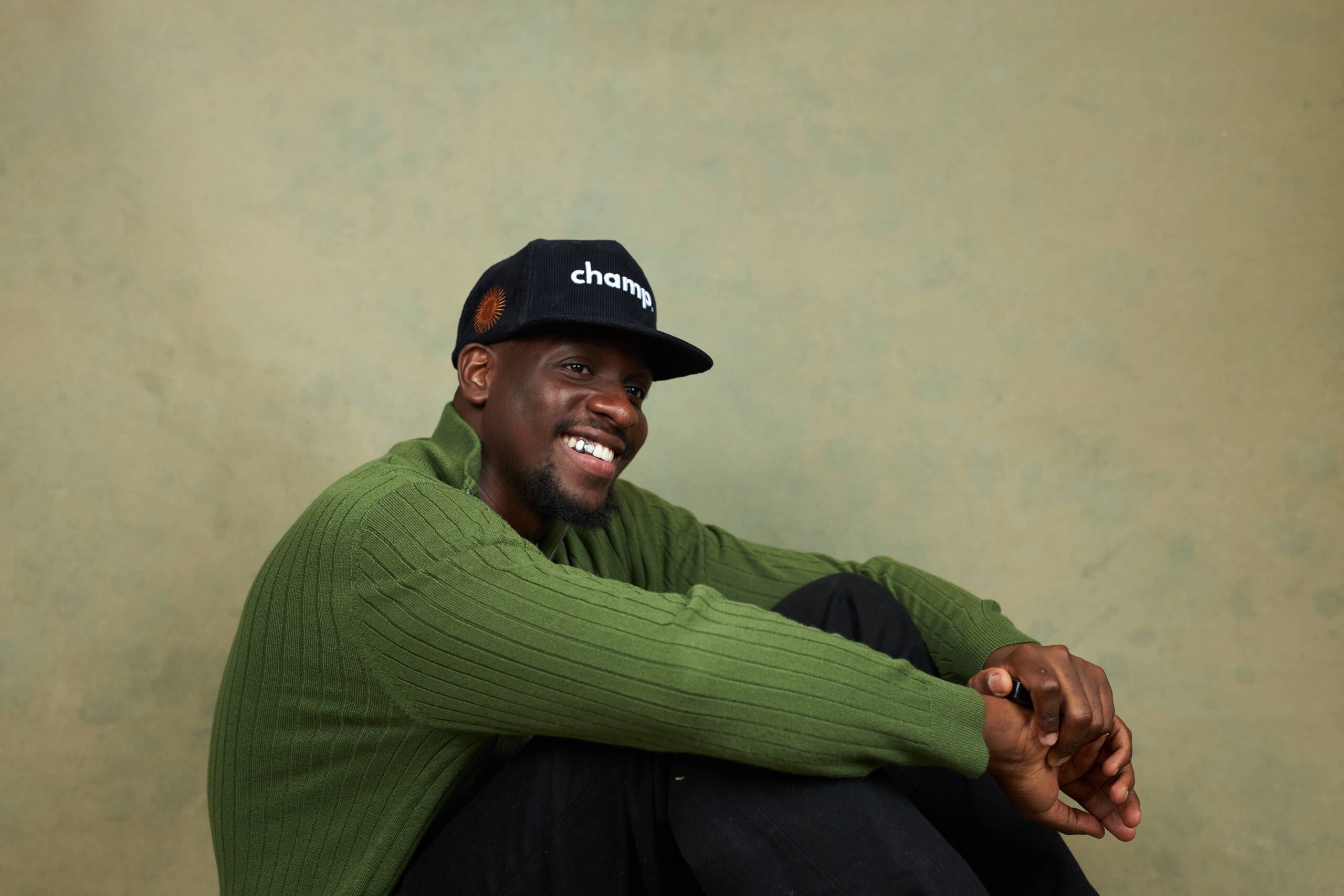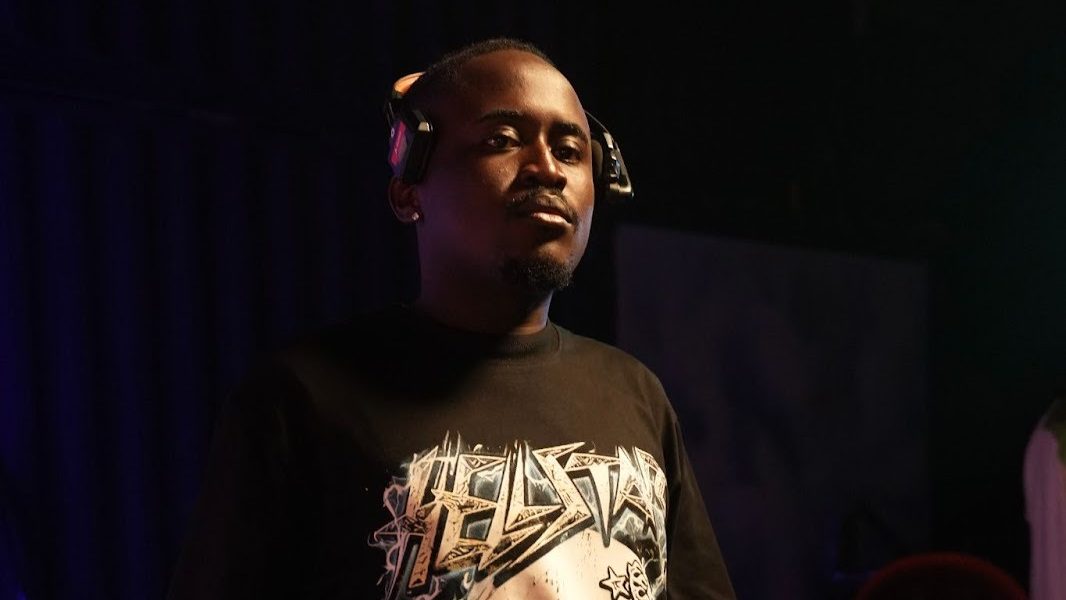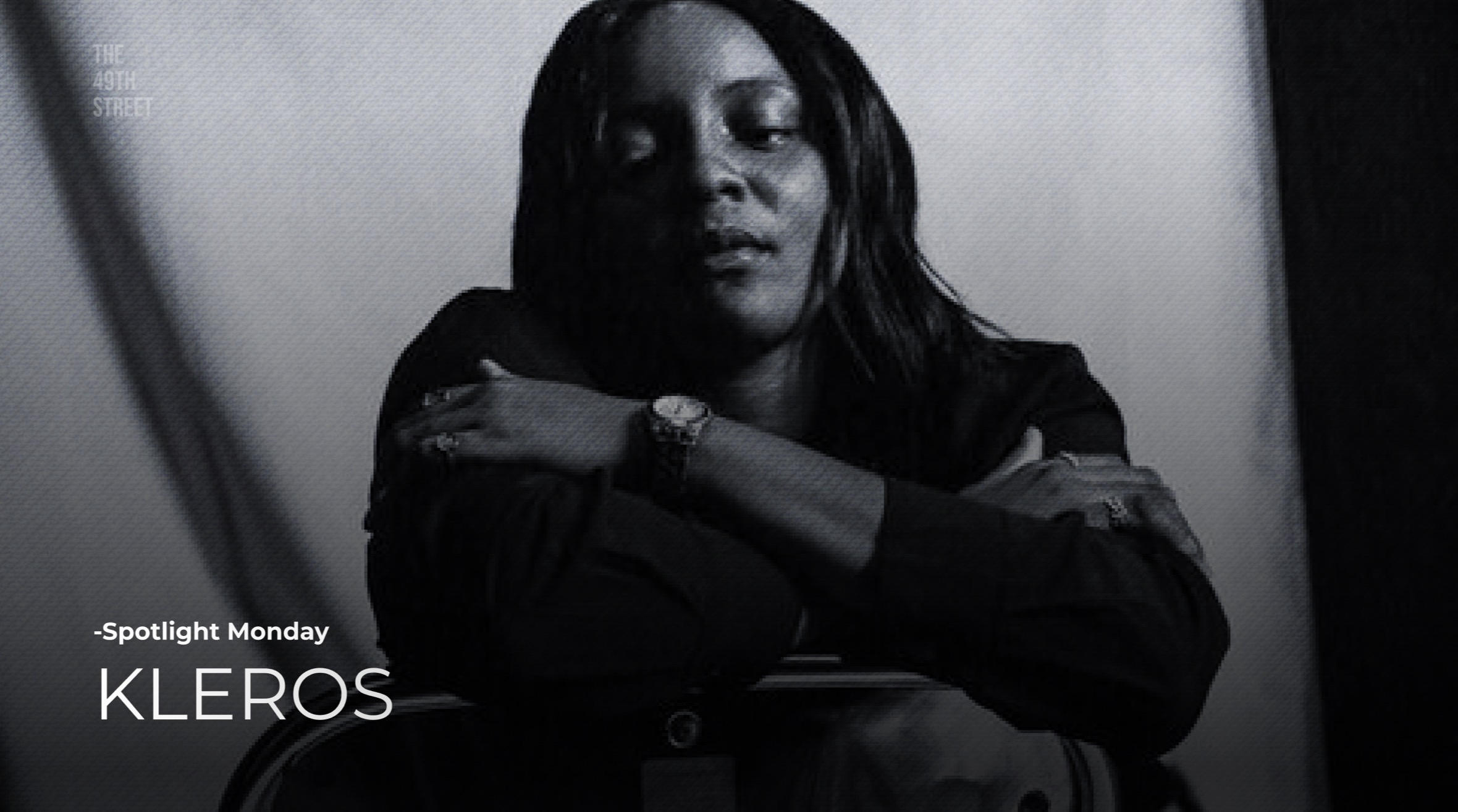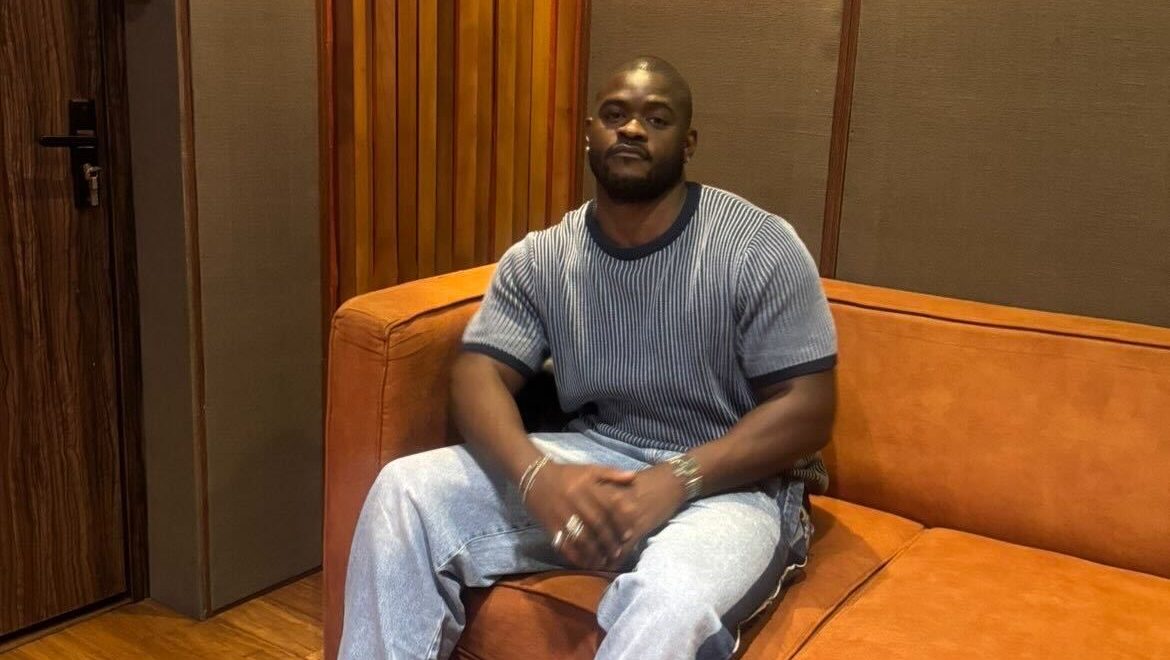By Temple Egemasi
“Several of Nigeria’s biggest music stars, including Rema, Ayra Starr, and Don Jazzy, were all on set for Mavin Records’ 10th-anniversary shoot. Needless to say, there was no scarcity of star power, and for photographer Yusuf Sanni, professionally known as Buch with Lenses, the pressure was tectonic. Yet, in a fleeting 20 minutes, it was over. “I thought I’d be nervous, but when it started? Gone. 15-20 minutes, and I had exactly what I needed.” This moment wasn’t just professional prowess; it was the culmination of a journey that placed him at the pulsating heart of Afrobeats’ global ascent, a revolution witnessed firsthand through his viewfinder.“
The name Buch with Lenses is a collage of intimacy and artistry. Buch was a childhood gift from his father, a familial shorthand that stuck. When photography entered his life during a gap year after A-levels in Ibadan, merging nickname and craft felt inevitable. “Everyone from school knew me as Buch. It wasn’t official, but it was me,” he explains.
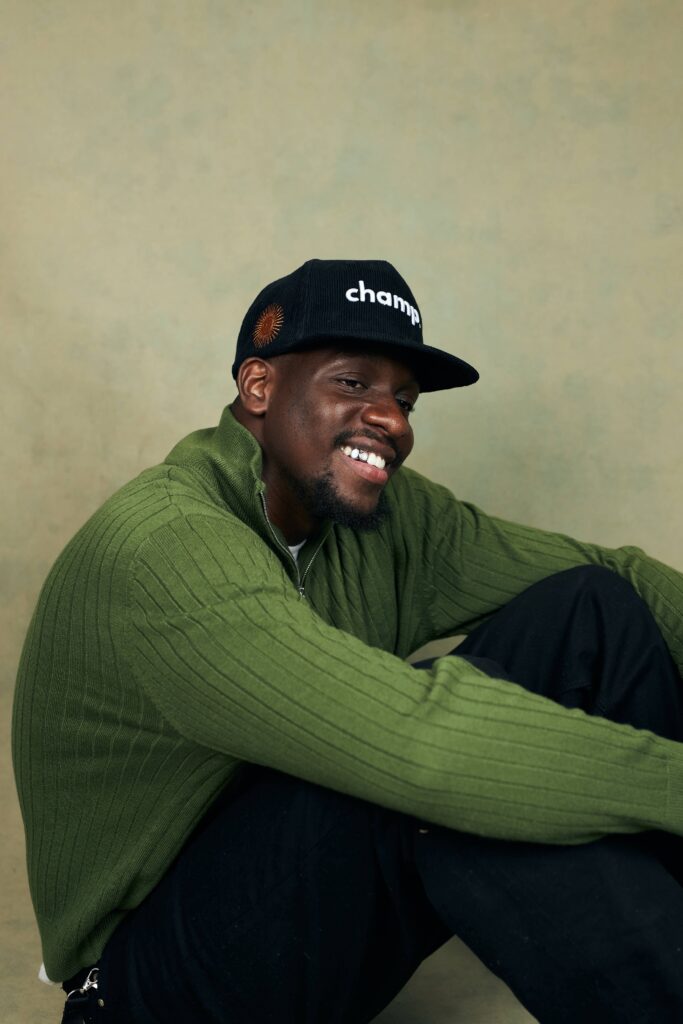
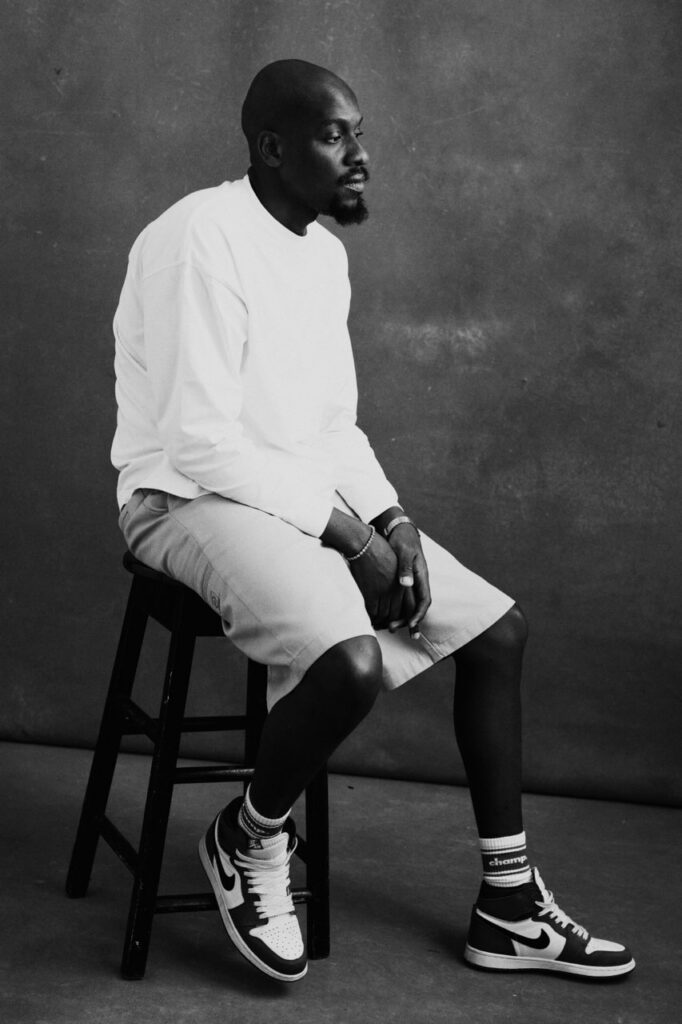
A 3-month stint at an Ibadan photography academy in 2015 became an unplanned apprenticeship. “I stayed longer, as I’d made no other plans aside from school, and I had to wait for that. They let me linger for real-world experience after the course. That was my baptism.” He shot events, edited proofs, and observed professionals. This was his technical foundation: lighting, composition, and file management.
Sanni entered the University of Lagos (UNILAG) in 2016. Without a camera, he couldn’t practice. “I’d borrow friends’ gear occasionally, but it wasn’t enough; it was not photography. Just testing.” He studied architecture, but his focus stayed visual even though the disconnect frustrated him. Year 2 brought his first camera, and its impact was immediate; he began practicing more and shooting more – streets of Lagos, friends in dorms, campus events. Needless to say, his style also emerged organically.
“…my intuition is telling me there’ll be better days.”
Yusuf Sanni approaches photography as a discipline of subtraction. His work, recognizable for its unforced intimacy, operates on a simple principle: “Strip away the noise. What’s left? That’s the shot.“ This doctrine rejects artifice, relying instead on a methodical understanding of presence. Buch’s signature isn’t a preset or lighting trick, but rather a relentless pursuit of authenticity. This ethos, he credits, stems from humble beginnings: “I started shooting friends. So even with stars, it’s never been about the barrier. It’s about capturing a person’s essence. People need to relate to them beyond the glitz.“
Achieving this requires psychological agility, not just technical skill, so Buch with Lenses reads his muse and adapts on the fly. “Some artists…actually, a lot of artists easily give in to regular conversation – they rarely get treated like humans. Others? You’ll ruin it if you try too hard. Experience teaches you when to talk and when to disappear.“ His toolkit is intuition, and it was evidently built on thousands of frames and encounters.
Yusuf Sanni’s entry into professional photography coincided with a shift in Nigeria’s cultural atmosphere. Around 2017–2018, a distinct energy began pulsing through Lagos’ brimming music industry. Artists and their teams spoke differently because budgets felt less constrained. International eyes turned toward the city. This was Afrobeats’ commercial acceleration, and Sanni found himself at the centre of it, holding a camera.
His affiliation with Peedi Picasso, head of Aristokrat Records, became a critical access point, and in no time, Buch was involved in documenting emerging artists, such as Majeeed and Ajebutter22. “No one treated it like ‘history’ then,“ Sanni recalls. “We were just making tomorrow’s content.“ At this point, Buch had a growing clientele of talents who already trusted him to handle their imagery. A candid snapshot of Burna Boy during a casual office visit altered his trajectory. The image spread widely, leading to sustained collaboration.
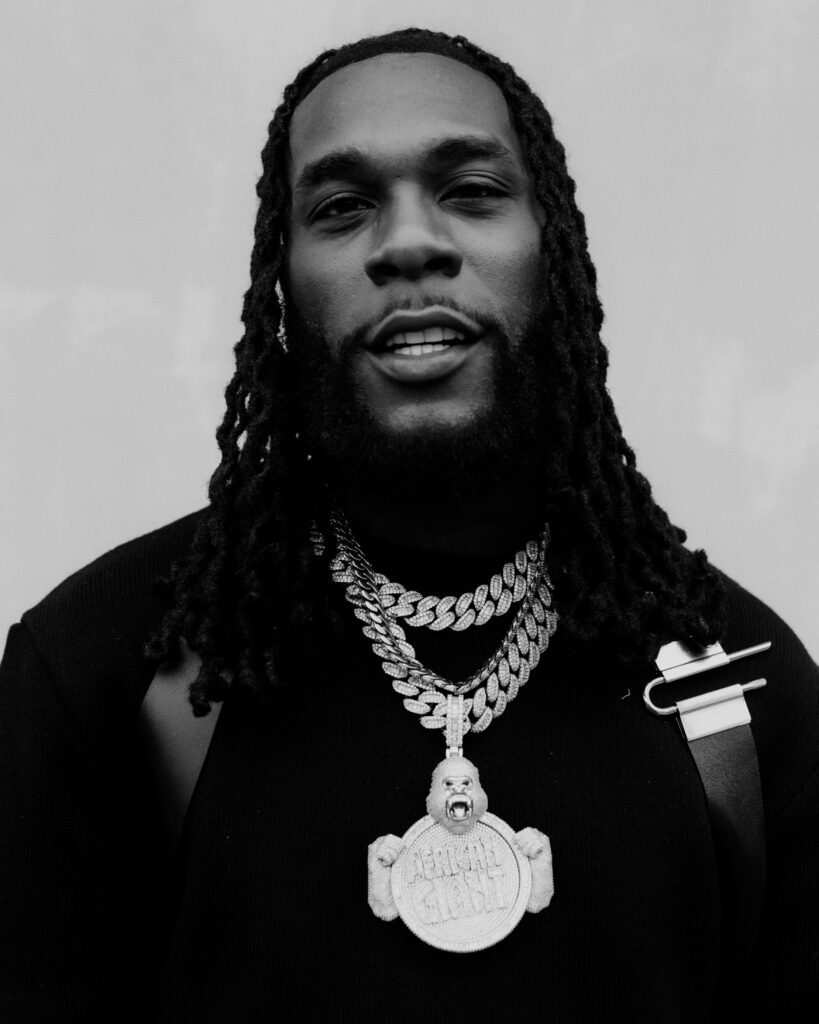
Buch’s recognition could not have come at a better time. It came when financial backing from labels and promoters shifted creative possibilities and expanded technical horizons. “Suddenly, ‘no’ became ‘how?’” Sanni notes. Before this boom, ambitious concepts died in pitch meetings. Now, clients greenlit experimental lighting, custom sets, or location shoots requiring permits and security. His cover for Burna Boy’s Question collab with Don Jazzy emerged from this climate of confidence. “Budget wasn’t the obstacle; imagination was.“
“I dey strategise mentally.”
Down the line, we got to talking about how the 2020 pandemic stiff-armed the industry, and this part of my conversation with him reveals the boom’s fragility. The COVID-19 pandemic forced everyone indoors, so concerts and other musical congregations were impossible to pull off – legally, at least. Towards the end of the year, when restrictions were loosened and we could all be back outside again, it was clear that an energy shift was underway. By 2022, the “recalibration” was complete. Label spending grew cautious. “Where before you’d budget for a full music video, now they want twenty social media clips. Less risk, less investment,“ he observes.
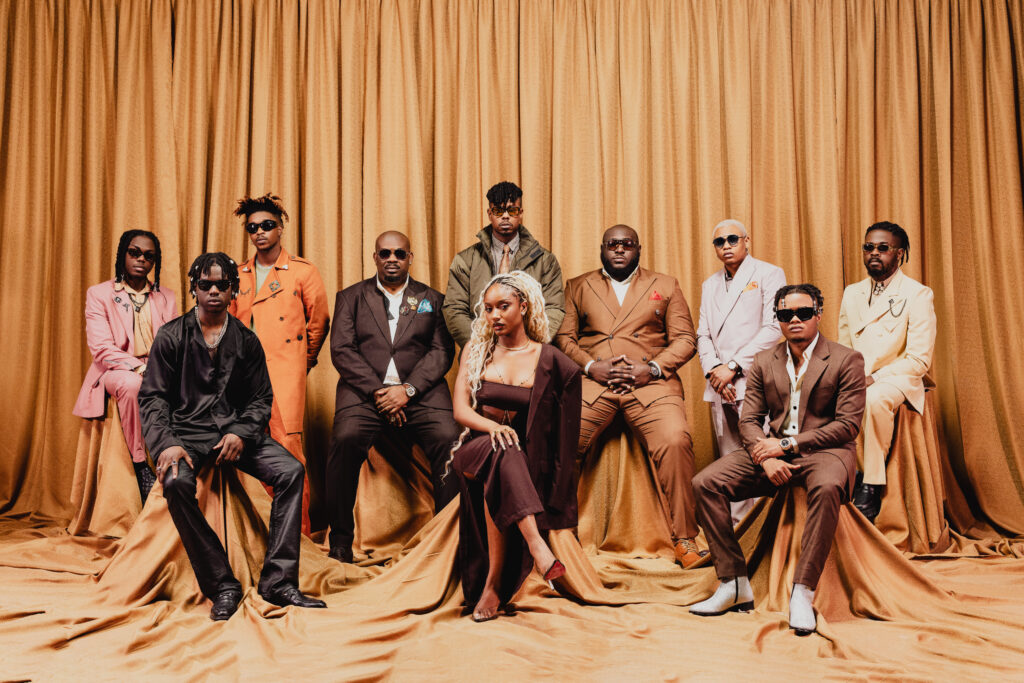
Sanni adapted and pivoted toward studio portraiture and editorial work. “The frenzy was unsustainable. What remains is more deliberate, fewer frames, maybe, but more focus.“ Buch contrasts then and now starkly and rightly so. Even from where I sit, it came with clear ripple effects, and everyone feels it. Some might even argue that auxiliary service providers like photographers feel these ripple effects first whenever they happen. Safe to say the golden age’s afterglow is tinged with a lot more realism about industry structures.
The success of this pivot was evidence that Buch’s lenses were quite reliable. He became the go-to guy for portraits and editorials. The Afrobeats rush gave him high-profile clientele and on-the-go assignments, and the aftermath of this rush met him prepared to handle more planned visual assignments. As fortunate as it sounds, this readiness for change was symptomatic of creative fatigue, which he admits to battling with from time to time.
Buch’s antidote to this fatigue is diversification. ABCDepartment, a co-founded production company, tackles music videos, ads, and visualizers. Simultaneously, he’s curating a major exhibition of unseen work – a wide range that includes stills from his street photography days, thought-evoking abstract pieces, and enchanting portraits. He admits that even though the exhibition is in the offing, he doesn’t know exactly when it will be ready for the public eye “…this year? Maybe. Next year? Definitely.“
While putting the architecture of his exhibition together, he has resumed firing on all cylinders, the engine of his streetwear label, Champ Capsule. Champ Capsule is a community-heavy brand known for its collection of tees and hats. The brand recently announced a new release that added jersey tees and track bottoms to its catalogue. The gradient design of the new jersey releases has been met with rave reviews, another feather in Yusuf’s cap.
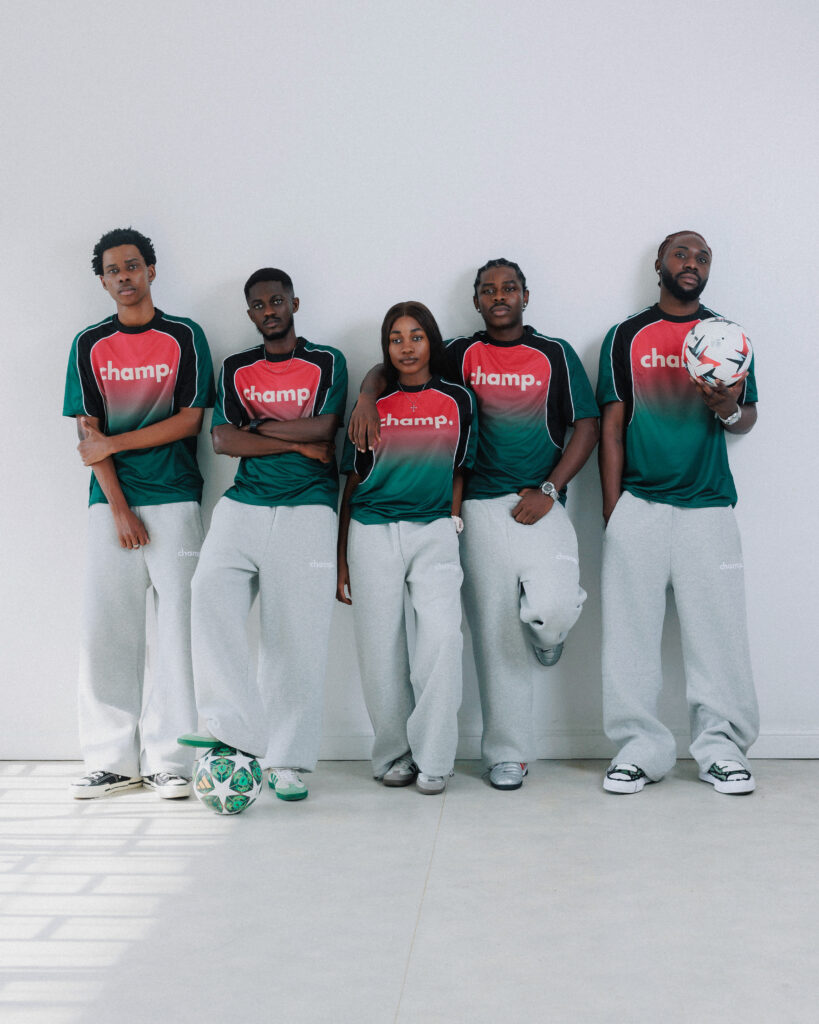
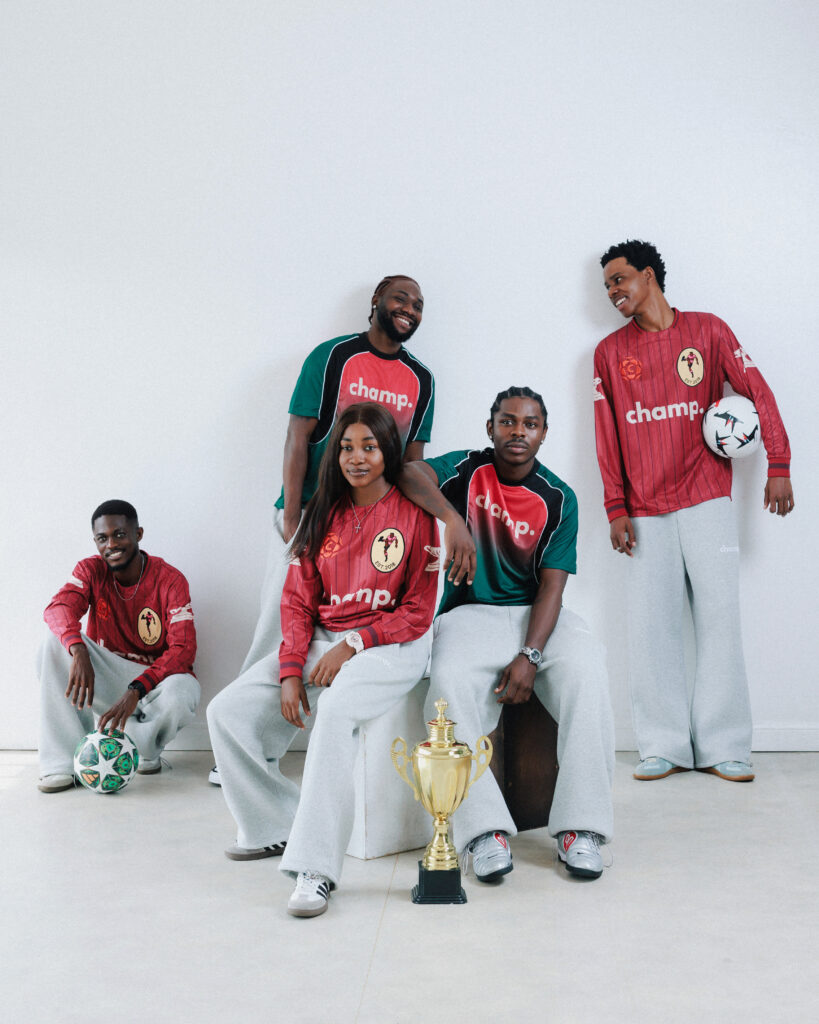
First Covers & Lasting Trust
Buch’s academy training and UNILAG architecture degree (often overlooked) forged his crisis management. While technical disasters haunt photographers, Buch credits discipline for surviving artist lateness or lighting failures. “You finesse it. Experience builds workarounds. But the biggest headache? The ‘star time’ mentality. You get numb to waiting…which is bad. But when they pay the bills, they set the clock.“
His ability to maneuver the aforementioned headache easily made him the fitting architect behind countless artists’ debut visuals – the first EP cover, the inaugural press shot. “Doing someone’s first major cover? That’s a sacred level of trust. It’s watching a journey begin.” Yet the transient nature of the industry means follow-ups are rare. “You launch them and hope that your bit was enough to get them through this phase.”
This is a huge reason why Buch places an even greater premium on artists like Ajebutter22 who choose to stay with a visual team for extended periods – instead of just one-off campaigns. He asserts that this client demographic indulges his storytelling leanings, and of course, he loves it both for technical and personal reasons.
Looking into the future, Buch balks at naming “up-and-comers,” arguing talent vastly outpaces visibility. “Calling someone ‘upcoming’ ignores how brilliant they already are. The scene now is crazy. Every week, I discover someone new doing incredible work. The boldness in themes – alté, queer narratives, high-life fusion – it’s thrilling.“ He sees this as society’s evolution mirrored through the lens.
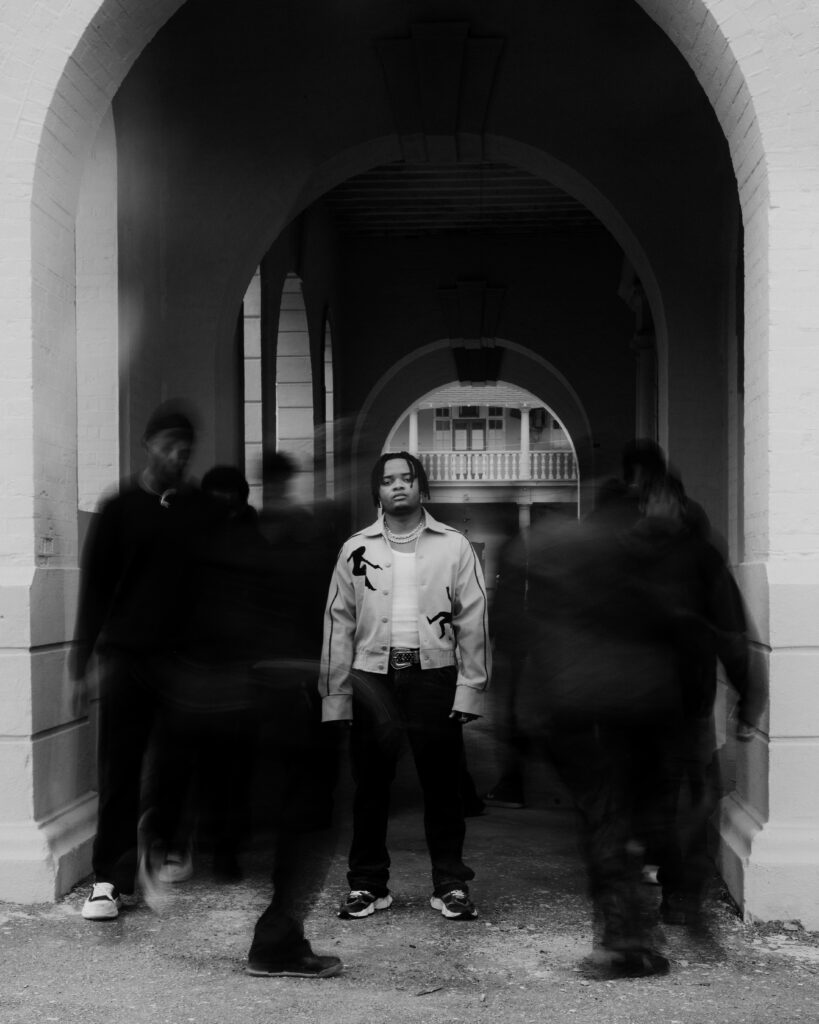
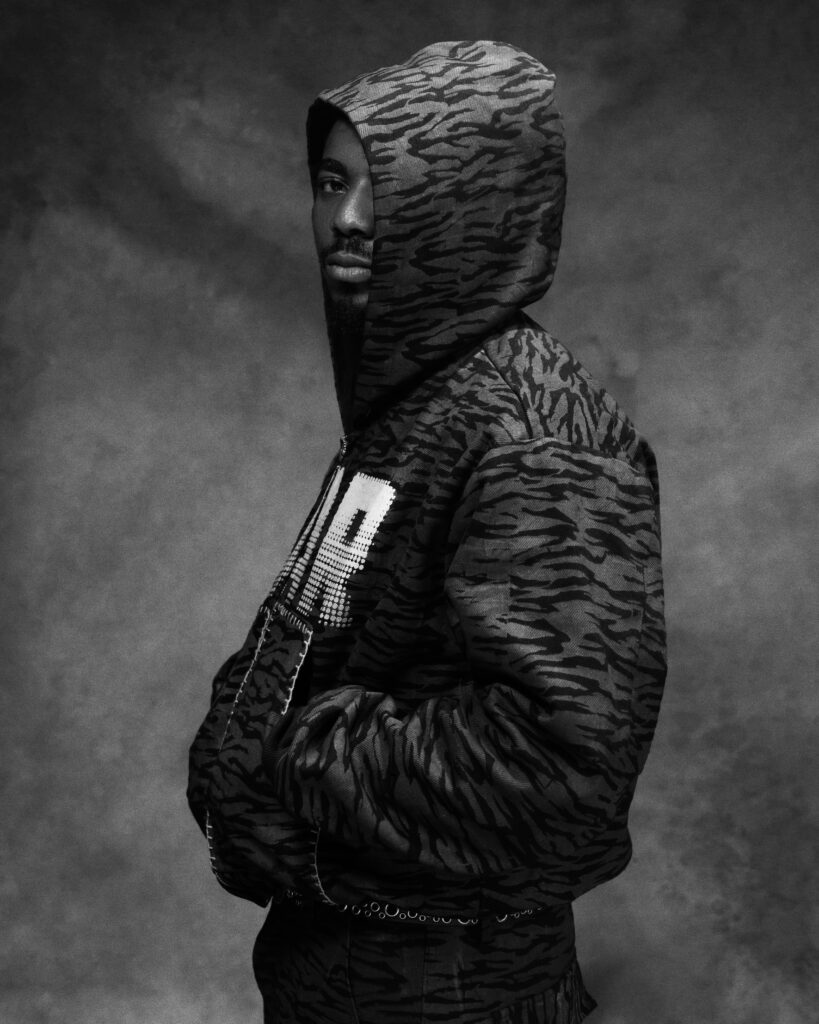
From capturing Burna Boy’s weary grin after a 4th show in a night to freezing the Mavins Allstars’ kinetic energy in a studio, Buch’s legacy is etched in authenticity. He witnessed Afrobeats’ stratospheric rise not as a spectator, but as an embedded chronicler whose lens humanized a revolution. As the industry recalibrates, Buch with Lenses adapts – producing, directing, exhibiting – but his core remains: finding the raw, resonant truth within the frame, one essence at a time. Buch and I agree that it always comes back to the person, as he affirms the simplicity often belying a decade of artistry. “Strip away the noise. What’s left? That’s the shot.“

